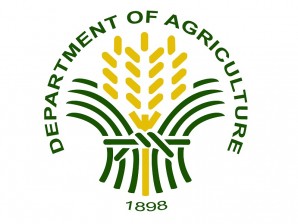PH gov’t, USAID act to rehabilitate key fishing grounds

Short for Ecosystems Improved for Sustainable Fisheries, the Ecofish project was launched on Wednesday by the Department of Agriculture, the Bureau of Fisheries and Aquatic Resources and USAID to improve the management of Philippine coastal and marine resources.
The objective is to make the fisheries sector sustainable through effective management of eight important biodiversity areas to replenish fish and ensure good catches for fishermen, officials said in a statement.
The project sites are the Calamian Group of Islands in Palawan, Lingayen Gulf in Pangasinan, Ticao Pass-Lagonoy Gulf-San Bernardino Strait in Bicol and Samar region, Danajon Double Barrier Reef in Bohol and Leyte, Southern Negros Occidental, Surigao, the Sulu archipelago, and the Verde Island Passage between Batangas and Mindoro.
Agriculture Secretary Proceso Alcala said Ecofish was designed to contribute to priority goals laid out in the Philippine Development Plan, particularly in the areas of sustainable agriculture and fisheries and the conservation and rehabilitation of natural resources.
At the launch of the five-year Ecofish project on Wednesday, Alcala, who was joined by BFAR director Asis Perez and USAID’s environment section chief Rolf Anderson, said the government was paying more attention now to the fisheries sector.
Article continues after this advertisementHe noted that the 2013 budget for fisheries was raised to P4.6 billion to enable BFAR to rebound and improve its performance, following stagnant production in recent years.
Article continues after this advertisementAlcala said part of the fund would be used to align methods and systems necessary to “bring the sector back into shape.”
As part of efforts to replenish fish populations, Alcala earlier announced a closed season for sardines, herrings, and mackerels in the Visayas Sea from November 15, 2012 – February 15, 2013 under Fisheries Administrative Order 167.
“When there are more sardines in the ocean, tuna species tend to stay longer in our territorial seas, which eventually results in bigger harvest,” he said.